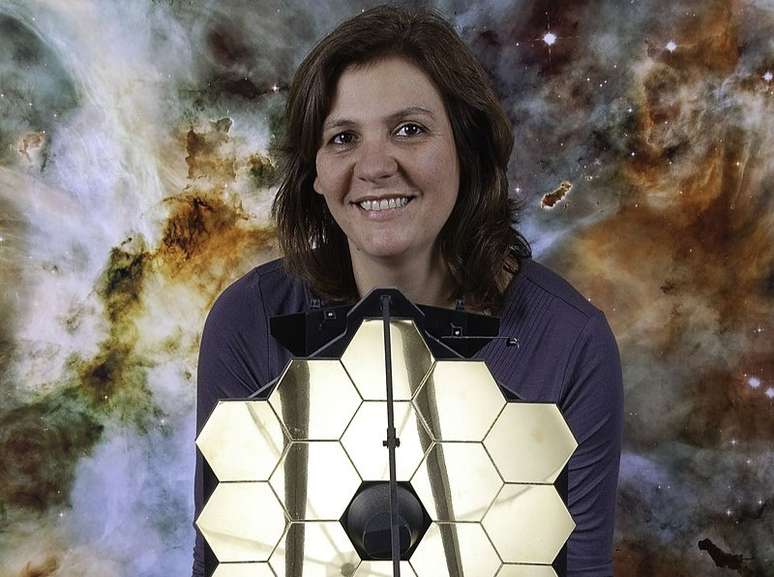‘Women will bring different ideas to the discussion,’ said Natalia Pasternak, a microbiology doctor who was present at the Covid CPI
“Women tend to find different solutions to the same problems. Sometimes they are more workable solutions.” The sentence is from astrophysics Duelia de Melowho has been collaborating with NASA teams since 1997. But instinctively, it was an idea also defended by other Brazilian scientists heard from Byte in the context of International Women’s Daywhich takes place this Wednesday (8).
That’s what I said too Natalia PasternakPhD in microbiology, researcher at Columbia University and president of the Instituto Questão de Ciência.
“If you have a discussion board where you only have straight white men, you’re going to have views brought by straight white men. To increase the diversity of ideas, we need to increase the diversity of people. People are talking about female representation, it’s because women they will bring different ideas to the discussion,” he said.
Data presented by UNESCO in 2020 underlines that only 30% of scientists in the world are women. In Brazil, female researchers represent 40.3%. But nowadays, the country has women leading pioneering projects, developing new studies, and masterfully advancing science and technology.
Their potential reaffirms the importance of public policies that encourage science, fund research and value universities, so that more women can impact science in ways men have not been able to do so far.
Duilia de Mello, astrophysicist and NASA collaborator
One of the biggest names in science in Brazil, extragalactic astrophysicist Duilia de Mello is vice-chancellor and the first woman to be a full professor at the Catholic University of America, in Washington (USA). He collaborates with the teams of NASA since 1997 and is one of the authors of the images of the depths of the universe taken with the Hubble Space Telescope.
“Soon after starting my postdoc at the Hubble Space Telescope Institute, I joined a team that took the second deepest image of the universe, where we could see the most distant galaxies. We made this image for the southern hemisphere and I was the representative for this area. I was the first to see this image when we edited it, it was very emotional,” Duilia tells a Byte.
Known as the ‘Star Woman’, she seeks to inspire young people to pursue a career in science.
“It is important that everything that is done in society has gender parity, we are also more than 50% of society. It’s important for science, in particular, because women tend to find different solutions to the same problems, they see things through their eyes, their point of view,” she says.
Currently, astrophysics is leading a project with amateur astronomers, who use their telescopes to capture images with long exposure times to study galaxies.
“I have targeted some galaxies that have something peculiar and I would like to know if we will find evidence of collision processes, which is my area of work,” he explains.
“I’m interested in collisions because they define the evolution of galaxies, I want to try to understand how our own galaxy became what it is today, because basically we live here”, adds the astrophysicist.
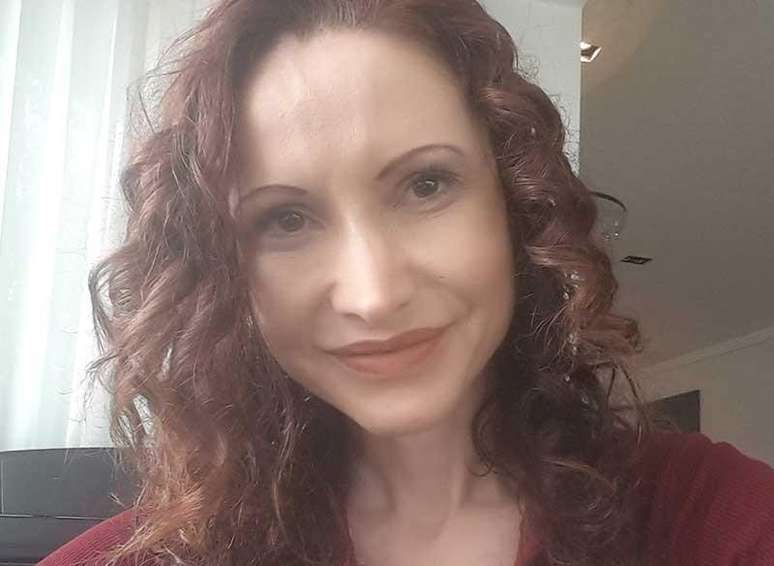
Natalia Pasternak, researcher at Columbia University and president of the Science Question Institute
Brazilian science writer, Jabuti award winner, science popularizer Natalia Pasternak is a microbiologist by training, with a PhD in bacterial genetics from the University of São Paulo. During the covid-19 pandemic, she contributed to several newspapers in the country with information on prevention, studies and treatments related to the pandemic.
“The moment of my career that I am most proud of was my participation in the Covid CPI. Representing the Questão de Ciência Institute there, with our motto of using science as a tool for good public policy management in the country, was a great honor. I had the opportunity to explain scientific methods to federal Senate lawmakers and the millions of Brazilians who were watching,” Pasternak said.
For her, representation in science must include all minorities, such as women, black, LGBTQI+ or from developing countries, to ensure diverse experiences.
“It’s not just a question of social justice. When we talk about Brazilian or other developing country representation, we talk about different ideas that refer to the problems of those countries, in the case of Brazil: neglected diseases, tropical discipline, racial and social inequalities that are unique to our country , these ideas need representatives,” said the Byte.
At the Instituto Questão de Ciência, Natalia Pasternak explains that work is being done on two essential issues for the appreciation of science in Brazil.
“One is to ensure the development of science itself, with public policies that guarantee adequate funding for scientific research in Brazil. On the other hand, we also need to ensure that science is used to inform effective public policy,” he says.
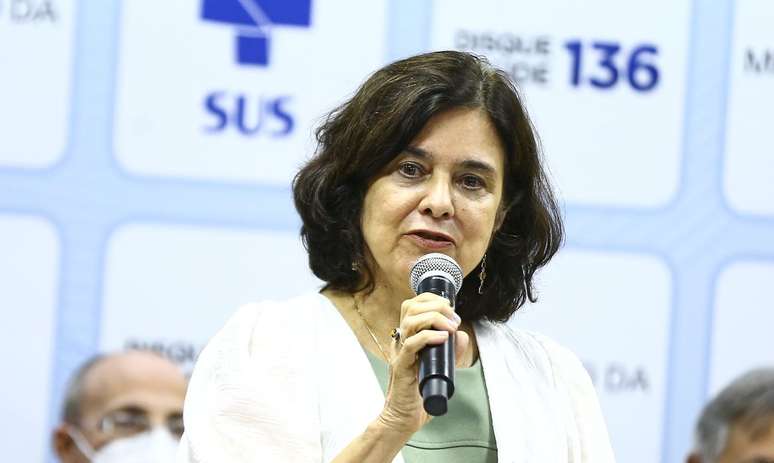
Nísia Trindade, sociologist and Minister of Health
President of the Oswaldo Cruz Foundation (Fiocruz) from 1997 to 2022, Nisia Trindade he is the current Minister of Health in the government of Luiz Inácio Lula da Silva (PT). She is the first woman to lead the portfolio.
In his inaugural speech, the minister highlighted the fight against covid-19 and Brazil’s vulnerability during the pandemic.
“The pandemic has shown our vulnerability. The king is naked. We must affirm, without any pretense, and overcome this condition,” he said, noting that the country accounts for 11% of the world’s Covid-19 deaths, despite accounting for 2.7% of the world’s population. “Our management at the helm of the Ministry of Health will be guided by dialogue with Science,” added the minister.
Trindade holds a PhD in sociology, a master’s degree in political science, and a bachelor’s degree in social sciences from Rio de Janeiro State University. He is a member of the Zika Alliance Network, a multinational research consortium to research and fight the Zika virus.
He also participated in the World Health Organization (WHO) Global Plan of Action and served on the WHO Advisory Group for the implementation of the 2030 Agenda, which enhances the Sustainable Development Goals set by the United Nations (UN ).
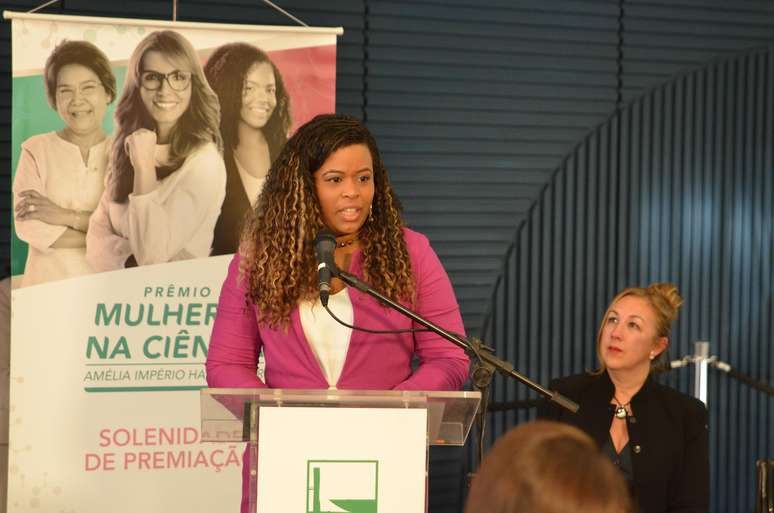
Jaqueline Goes de Jesus, biomedical scientist, participated in the sequencing of the new coronavirus
Biomedical and PhD in human pathology at the Federal University of Bahia (UFBA), Jaqueline Goes de Jesus is also a reference in Brazilian science; you coordinated the team responsible for sequencing the genome of the SARS-CoV-2 virus just 48 hours after the confirmation of the first case of covid-19 in Brazil.
The average in the rest of the world for this mapping was 15 days. Sequencing made it possible to differentiate the virus that infected the Brazilian patient from the genome identified in Wuham, the epicenter of the epidemic in China.
The scientist was also part of the team led by British researchers that sequenced the genome of the Zika virus.
Thanks to her scientific achievements, the biomedical scientist was awarded by the National Health Council (CNS) in 2021, where she received the Zilda Arns Commendation 2020.
“This recognition and this symbolic delivery, made by my brothers, for whom I recognize myself, means a lot to me. It is with great honor that I receive this commendation, which is of great importance in the context of public health in Brazil. I receive it on behalf of all Brazilian scientists, who have tirelessly dedicated their time, not only to the fight against the pandemic, but to the enhancement of our category,” said the researcher during the ceremony.
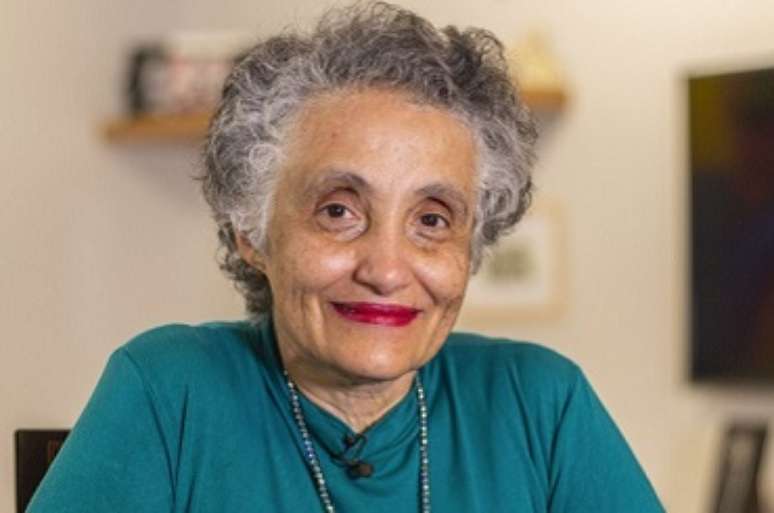
Ester Sabino, doctor and doctor of immunology, participated in the sequencing of the new coronavirus
Doctor graduated from the USP Faculty of Medicine, Ester Sabino has a doctorate in immunology and has worked in various research areas with large international projects: in diseases communicable through blood, Chagas disease, sickle cell anemia and in the last eight years in emerging diseases, when it became known thanks to the work of SARS-CoV-2.
In collaboration with the Brazilian Jaqueline Goes de Jesus and other scientists, Ester Sabino determined the complete sequence of the viral genome found in Brazil, which was called SARS-CoV-2.
“The work on the first sequencing took a long time, we were working on improving the tests and making them faster and faster since the Zika outbreak and I think we were well recognized for that; but the biggest challenge is maintaining the groups, maintaining the ability to continue doing research,” Sabino said.
The doctor argues that female participation in science must be expanded, especially in the exact sciences.
“Women represent half of the workforce, so if you don’t have the same number of women, it means that half of your potential is not being listened to. We need men and women to work in the same proportion, together, mainly in science, in exact areas, where the number of women is very small.”
At the moment, Sabino draws attention to one of her projects on Chagas disease, considered, according to her, “very neglected”. “With USP, UFMG and Montes Claros University we have this great project that seeks to understand the natural history of the disease and help change the way these patients are treated in the SUS, improving care. That’s what I’m most proud of, despite the fact that it’s not what I was best known for,” the immunologist said.
Source: Terra
Rose James is a Gossipify movie and series reviewer known for her in-depth analysis and unique perspective on the latest releases. With a background in film studies, she provides engaging and informative reviews, and keeps readers up to date with industry trends and emerging talents.

